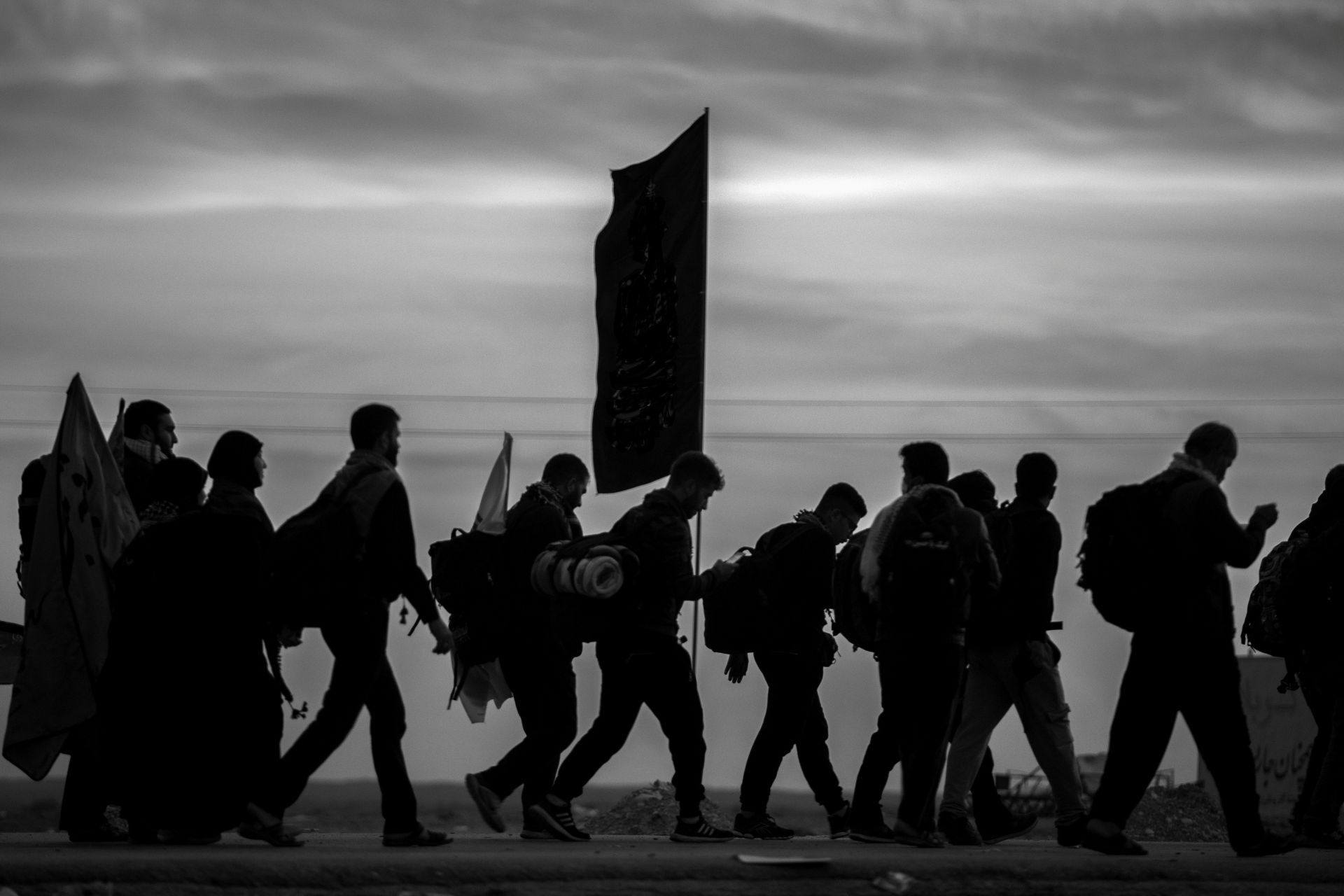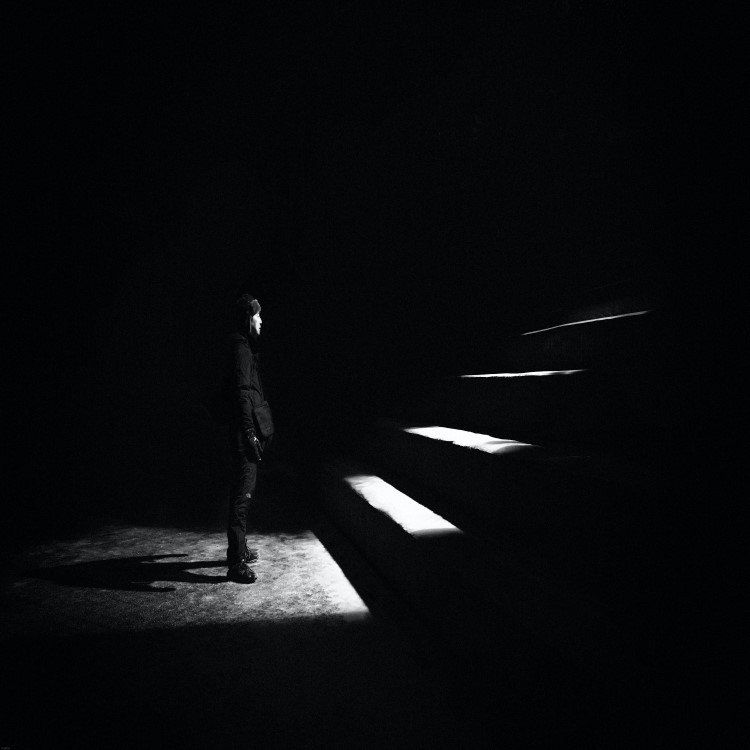The Trouble with Jesus
by Constance Hastings
The Trouble with Jesus is he heals, provides, and even shows up in the unexpected measure and places of grace.

Maybe it was in Jesus’ own pain and hurt that he found enough compassion to meet them where they were. Hopefully, they came to him in order and reverence as he healed them in his way, every illness and disease. But knowing human nature, likely some were pushy and demanding, violating his space, telling him what he was supposed to do for them. After all, that’s how people are known to approach God even in prayer.
It was a long day. After one of those rides across the Galilean Sea, Jesus and his crew were stalked by a huge crowd once again looking for and needing healing that could not be attained from any other source. Even after leading his disciples up into the hills, the people followed them, not wanting to let him leave. Jesus felt their misery.
From Desperate Times…
Jesus asked one of his students, Phillip, where bread could be bought to feed these needy ones. Actually, it was a teaching/test to expand his followers’ sense of what seemed to be into what was beyond appearances. True to form, the slow learner protested how it would take nearly a small fortune to feed this crowd.
Another spoke up, Andrew, saying one kid had a couple of fish and five small barley loaves, really just a small lunch. Summing up the situation, he said, “But what good is that with this huge crowd?” It isn’t hard to hear the snark in his comment. This crowd could fill a small arena. Crumbs weren’t going to go far.
Grace in the Moment
Quietly, without much fanfare, Jesus moves in action which would be so ordinary and yet for which he would be known at open tables for centuries. After telling the crowd to be seated, Jesus first took the loaves and fish. Not much more than what was a meager meal for one, still it rested in his hands. It was his now, his to do with what he would, all he had, and his alone.
Rather than focusing on what was not, Jesus raised his face up, called out to heaven, and asked blessing upon this little fare in his hands. His prayer was not just for nourishment, for that would limit what needed to be done and soon require more. Jesus’ prayer wasn’t even for thanks in this meal, for gratitude usually comes only for good circumstances and expectations, not when trial demands building strength.
Instead, Jesus asked a blessing of grace, grace that is extended when the offering is insufficient, when only divine intervention pulls through the undeserved, when lives don’t meet the measure of good.
From his hands, blessed and small, Jesus passed out what was offered to him for these others. Though it was only a fraction of what was thought to be needed, in his hands and by the grace he offered, it became more. His food carries in itself that which chases away hunger, the kind of hunger that eats on itself making a being smaller and less than what they were. From his hands, it has power to feed many by restoring and transforming health and wholeness, giving life and growth.
Beyond Expectation
Finally, Jesus allowed the disciples to participate in what happened. Likely, the miracle wasn’t fully realized until then. Everyone had enough food, as much as they wanted, yet it never ran out. But not until it was given could the small be made bigger than what it was.
The disciples gathered up twelve baskets of leftover food, full baskets that not only met a need but were multiplied beyond the wildest of expectations. Miracles are meant not to only fill empty stomachs, to meet the need in the moment. The greater miracle fills a life which has been taken into the hands of God, blessed in grace no matter how little it is, and given for purpose beyond itself. There is the good in that.
Thinking the day had been enough, the disciples returned to their boat. When Jesus didn’t show up, they pushed off again to cross the sea. Sure enough, separated from him, a storm arose. All they had were their own meager resources, oars with which to row against the gale and mere human strength born of desperation.
Once again, Jesus showed up to meet the need. Yet, this time he came to them revealing his full power over the natural order of the world, walking on water through the buffeting winds. “I’m here,” he called out to them. “Don’t be afraid.”
Eagerly, they get him into the boat, no longer separated and apart from him. Then it happened. Without Jesus, they floundered when the storm challenged their very lives. Yet, once restored in his presence, they immediately found themselves in the harbor toward which they were traveling, safe and where they were supposed to be.
There, again, is the good in that.
The Trouble with Jesus: Considerations Before You Walk Away by Constance Hastings
Available Now Wherever You Love to Buy Books
Subscribe to The Trouble with Jesus Blog Here.












